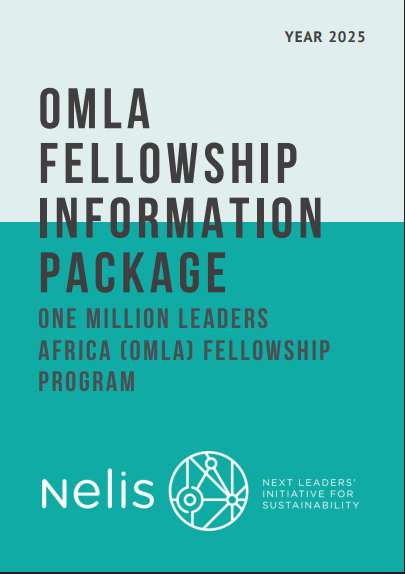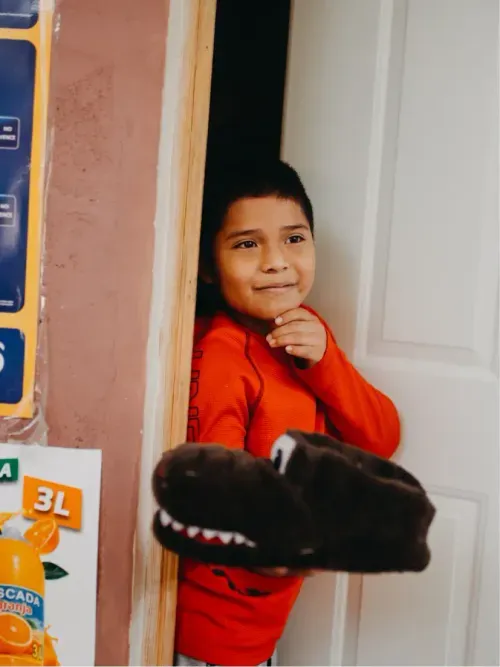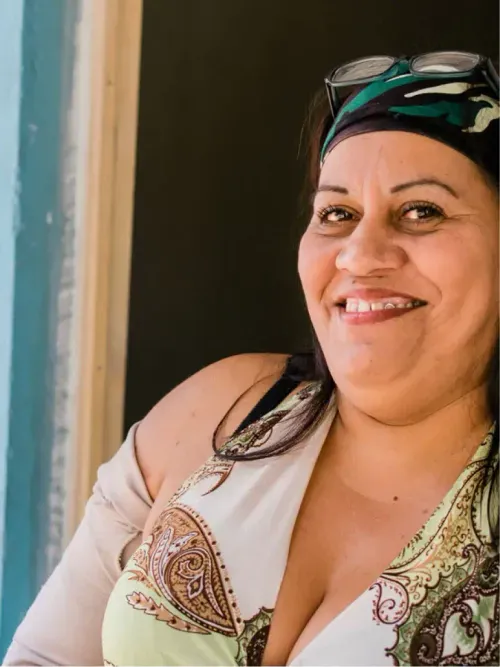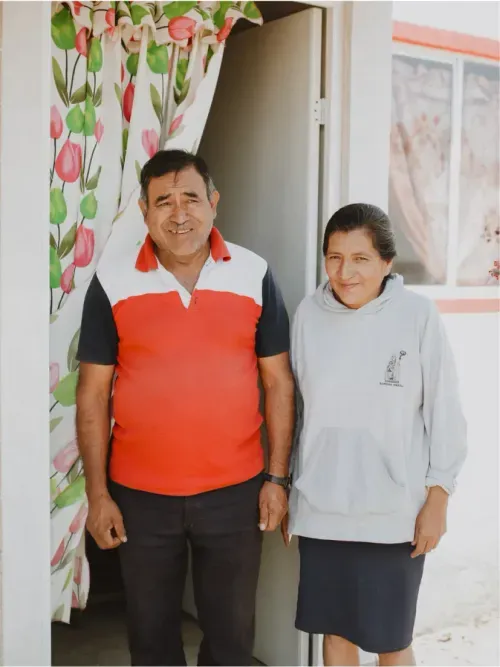OMLA
Fellowship Program
This is a call for passionate, innovative young leaders ready to shape a sustainable, prosperous future for AFRICA
Purpose-led
Changemakers
OMLA has engaged over 4000+ young leaders since 2020, each committed to mentoring dozens more in their communities.
…is the beginning of a journey towards transforming Africa by Africans.
…will help to raise one million Nelson Mandelas on the continent by 2030.
…is equipping young leaders with practical skills in transformative and sustainable leadership, as well as tools for innovation and social entrepreneurship, which will allow them to become trainers of new leaders in their respective countries.

OMLA FELLOWSHIP PROGRAM PHASES
Join the community of leaders on course to helping transform AFRICA
FELLOWS’ INTENSIVE TRAINING
LEADERSHIP CHALLENGE
GRADUATION AND OMLA ALUMNI COMMUNITY
Fellows’ Intensive Training is the first phase, where selected young leaders receive intensive training based on the four pillars of the OMLA Fellowship Curriculum. These selected young leaders are referred to as Fellows.
Fellows take on a leadership challenge by proposing social projects, building project websites, and pitching their ideas. These are showcased during OMLA’s Demo Day online exhibition.
Fellows who complete all training and deliverables graduate as OML leaders and may join the Alumni Community for continued networking and empowerment opportunities.
Join Our Mission
OMLA Fellow Curriculum
The Curriculum is designed to empower OMLA Fellows for their holistic growth to support
them in becoming resilient and effective sustainability leaders in their society, country and the world at large
Leadership and Sustainability
Social entrepreneurship and Innovation

Fellowship Information Packet
How to Apply
Young people who want to be part of the OMLA movement of 1 million young Africans that will guide Africa to a better future by 2030. Donwload the Information Package here for more information.
Who Becomes OMLA Fellow
How we choose them
Integrity: You are an ethical social change maker.
Accountability: You are accountable for the change you want to see in your community and Africa.
Modesty (humility): You carry the humility of Nelson Mandela – he had extraordinary self-confidence and pride, not in individual achievement but in collective achievement.
Sustainability: You are not borrowing resources from future generations but rather conserving or regenerating resources for the utmost good of all.
Teamwork: You bring other young Africans together to make change happen on the continent. You work well with others who have very different perspectives and experiences.
That is for a sustained period, you have:
- Recognized a social problem in your community.
- Explored the social problem to understand its root causes and come up with a solution.
- Developed a team and worked with them to create a plan for solving the problem
- Created a social project with a solution that birthed meaningful and measurable change in the society.
Please understand that a successful social project does not have to be big in terms of size or impact.
- Has confidence and can mobilize, bond with, and build relationships with young people.
- Can communicate clearly and engagingly with young people.
- Has a track record of empowering and inspiring other young people to become leaders themselves.
- Recruit, train, and mentor young people in your region.
- Coordinate the social projects to be started and run by these young people.
- Work with other OMLA fellows from across the continent to implement OMLA activities.
- Can successfully manage multiple projects, prioritizing and paying attention to detail.
- Be creative, flexible, and open to change.
- Be comfortable with doing your work online as well: for example, you will have to register your OMLA Champions on the OMLA portal and upload several assignments.
Since 2020, we’ve trained over 4000+ leaders
across Africa, equipping them with skills.
Meet some of the young leaders transforming their communities.

Israel couldn’t wear his favorite slippers on the dirty floor he used to live on. He also couldn’t study after sunset. Now he’s wearing his slippers whenever he wants and doing his homework at night.
Alexander
Akure, Nigeria

Israel couldn’t wear his favorite slippers on the dirty floor he used to live on. He also couldn’t study after sunset. Now he’s wearing his slippers whenever he wants and doing his homework at night.
Alexander
Akure, Nigeria

Israel couldn’t wear his favorite slippers on the dirty floor he used to live on. He also couldn’t study after sunset. Now he’s wearing his slippers whenever he wants and doing his homework at night.
